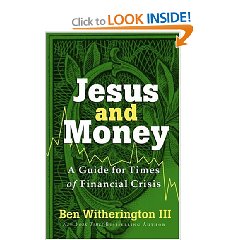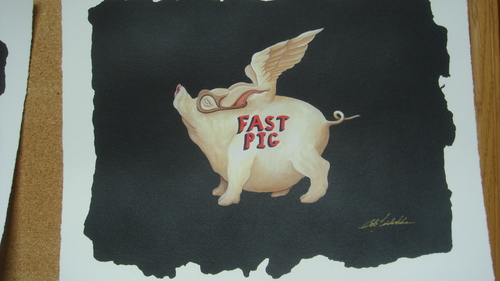http://www.amazon.com/exec/obidos/isbn=1587432749/bakerbookhouseA
So Fat Tuesday is coming, and hard on its heels Lent– the season for repentance, amendment of life, changing one’s lifestyle, fasting, and the like. In other words, the perfect season to get our Christian house in order before Easter. And clearly we need to do so. When even non-Christians can see the problems, it must be pretty obvious. Consider the words of Don Henley—
“And we pray to our Lord,
Who we know is American,
He reigns from on high;
He speaks to us through middlemen
And he shepherds his flock
We sing out and praise his name
He supports us in war
He presides over football games,
And the right will prevail
And our troubles will be resolved
We hold faith above all,
Unless
Money or Sex are involved…”
Don Henley–‘Frail Grasp of the Big
Picture’
He has seen the prosperity preaching church and culture up close and personal. But in case, you would prefer to get one more glimpse to be sure— consider the way the church reacted to the little book that roared— ‘The Prayer of Jabez’.
1 Chron. 4.9-10
could be forgiven for being called the text that roared, once Bruce Wilkinson
got his hands on it and wrote the little book The Prayer of Jabez which
was released in 2000 and sold 9 millions copies in its first two years in print
(over 17 million now), becoming one of the best selling Christian books of all
time. But what exactly does 1 Chron.
4.9-10 say that caused such a sensation?
In the midst of apparently innocuous genealogies we find these two
verses which read as follows: “Jabez was more honorable than his brothers. His
mother had named him Jabez saying: ‘I gave birth to him in pain.’ [the word
Jabez sounds like the Hebrew word for pain]. Jabez cried out to the God of
Israel, ‘Oh that you would bless me and enlarge my territory! Let your hand be
with me, and keep me from harm so that I will be free from pain.’ And God
granted his request.” That’s all there
is to the story and the context. It is
preceded and followed by unrelated genealogy.
What should we
make of this brief narrative? First of
all we should notice that the theme of the narrative is pain–pain in child
birth, and the prayer to be free from pain (which may imply Jabez was in pain
at the time of the prayer), and the name of Jabez which sounds like the Hebrew
word for pain. Perhaps here a more literal rendering with some Hebrew
transliteration will help—-
‘Jabez was more honorable than his brothers, and his mother called his name ‘Y’btz’ saying ‘because I bore him in pain’ (b’tzb). Jabez called on the God of Israel saying ‘Oh that you would bless me and enlarge my border, and that your hand might be with me, and that you would keep me from harm, that it would not hurt me’ (tzby). And God granted what he asked.’
The word play in this text is obvious and typical of such Hebrew texts. Notice that our man is called Jabez rather than Jazeb, which would be more nearly the Hebrew word for pain. This seems to be the prayer of a rather poor or indigent person, who does not have enough land, and is in danger as well. Nothing suggests that when the prayer was answered God had made Jabez a wealthy man because nothing suggests he was requesting wealth at all. What he may well have been requesting is simply adequate land and safety to make a living and take care of his family! What these two little verses of course do suggest is that God answers prayer, particularly prayers of his faithful people who are crying out for basic things like the ability to make a living or basic safety. Nothing here suggests God intends to make the rich richer, simply because they have asked, trusting God is capable of giving such material blessings. In other words, unfortunately the ‘prayer of Jabez’ has been turned into a golden fleece of sorts, a talisman, a healing hanky by those eager to live the lifestyle of the well to do.
Raise your hand if you are guilty of reading this text in this way. Raise your hand if you are living this way, even if you haven’t read this text. Raise your hand if you would like to live the lifestyles of the rich and famous, or at least the scaled down ones promised by the prosperity preachers touting your best life immediately. Raise your hand if you find Fat Tuesday much nearer your heart’s desire than Ash Wednesday.
In this series of posts we have tried to tease your minds into active and critical thought about what a Christian perspective, a Biblical perspective on money and wealth ought to look like. It is my hope that by now, some of this has begun to sink in, and like good yeast in the dough, begun to work change from within your hearts. If this has happened even in a few cases, I am content… for now.


